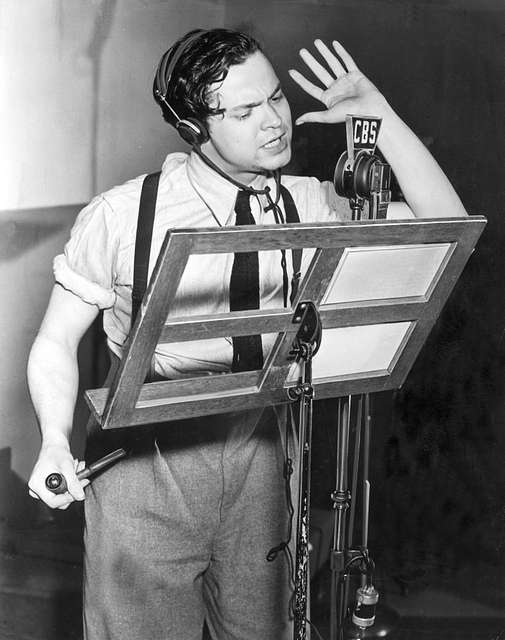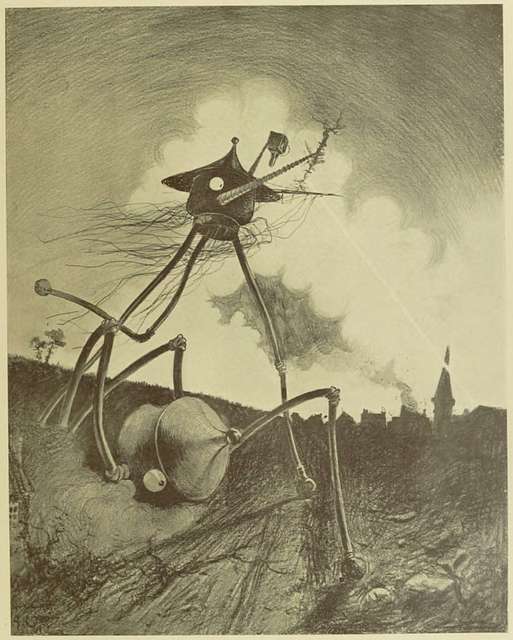Orson Welles: the indomitable one-man band


On the 40th anniversary of his death, it’s high time we paid tribute to Orson Welles: actor with a passion for Shakespeare, radio broadcaster made famous by “War of the Worlds” (1938), he revolutionized cinema forever at the age of 26 with “Citizen Kane” (1941). He made films for cinema and television, experimenting with all kinds of new forms, able to devote mad energy to realizing projects many of which, like his “Don Quijote”, remained unfinished. The protean work of the American director continues to challenge us, as it sheds light, perhaps better than any other, on the mechanisms of reproducing reality through image and sound. Martin Scorcese said of him: ” Watch Orson Welles’ films, because he alone defines cinema“.

A lover of his own independence, legend has it that he was given “complete freedom”, his contract with RKO allowing him, unusually, to be actor, screenwriter, director and also co-producer via his company Mercury Production. But RKO remains the distributor, and has considerable veto power over the choice of actors and, of course, over the amount of money advanced to it.

Did Welles invent fake news?
On the evening of October 30, 1938, CBS broadcast a radio story narrated by Orson Welles. Inspired by Herbert George Wells’ “War of the Worlds”, the hoax is said to have panicked the whole of America into believing that a Martian invasion was underway.
He was only 23 at the time. But, with his talent for storytelling, many listeners believed that these were flash news bulletins and that everything he was reporting was really happening. Orson Welles and the other fake reporters recount scenes of horror across America, New York invaded by aliens, inhabitants throwing themselves into the river in the hope of survival, then more than the sounds of the city under attack.
All this was extraordinarily exaggerated in retrospect by the newspapers, probably to denounce the dangers of radio, the new medium that would compete with their supremacy. In 1973, Welles did it again with his docu-drama “F for Fake”, in which he once again dealt with the art of illusion. At a time when fake news is becoming more and more prevalent, Welles’ mise en abyme on the workings of the media should still ring true today as a form of warning.

An illustration from “War of the Worlds” by H.G. Wells
Actor, director, producer and screenwriter, as well as theater director, cartoonist, writer, illusionist, not to mention his marriage to Rita Hayworth, one of the greatest stars of Hollywood’s golden age, his passion for cigars and bullfighting, Welles was a character in a class of his own! See our selection of documents on the Riponne site from October 20, 2025 to January 5, 2026, or consult the list in the Renouvaud catalog.